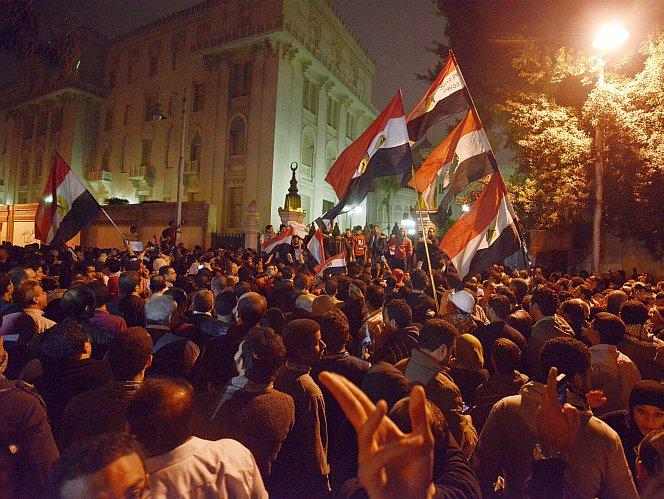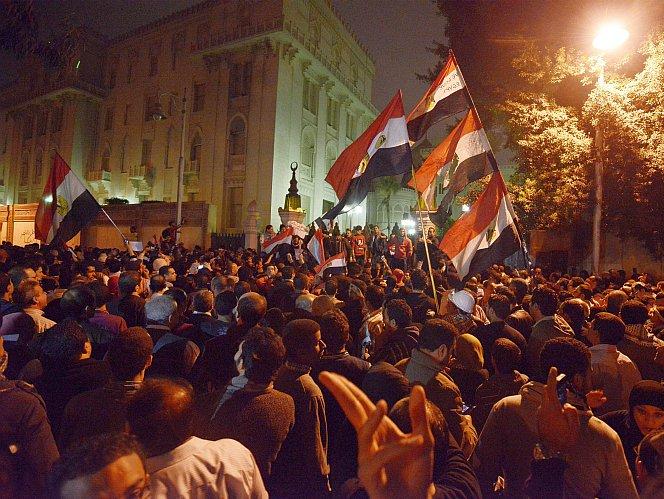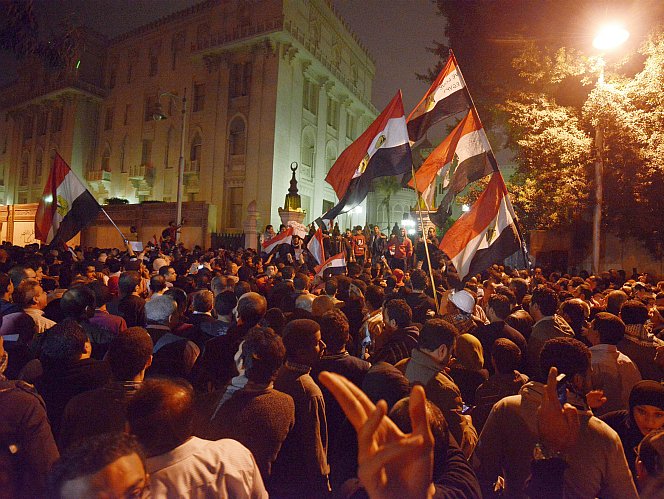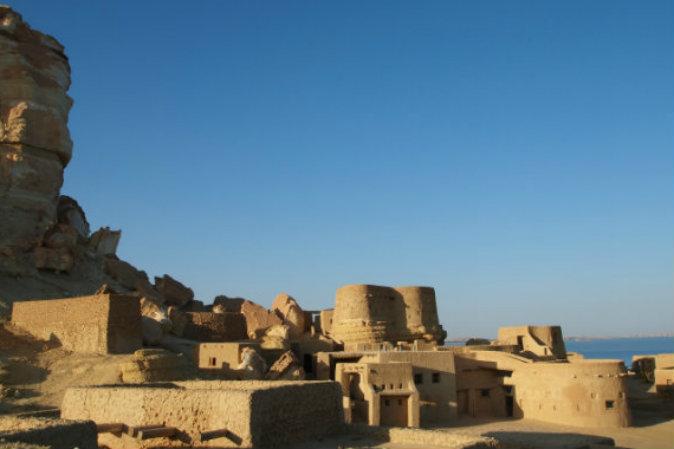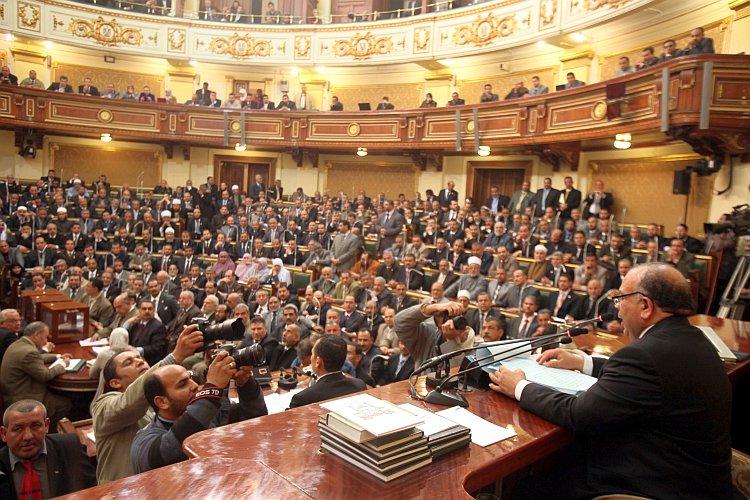WASHINGTON—Egypt’s liberal Arab Spring veterans are disappointed at what they are calling American media’s unaggressive coverage of last week’s protests that turned violent and deadly.
As Facebook newsfeeds and YouTube channels are filled with images of anti-government protesters covered in blood, activists complain that the U.S. media and government seem largely unmoved by their plight. The activists say American media and officials barely acknowledge the beating, abduction, and killing of liberal Egyptians in a return of Mubarak-style violent politics.
“I expect the Western press to report the events and the surrounding narrative as if it were happening in the West, not with a logic that assumes that ’things are different in the Middle East,'” said Aly, one of the founders of a Facebook page dedicated to the issue titled Bring the Noise Egyptian Revolution 2.0, in a Facebook chat. Aly is an MIT graduate currently protesting in Cairo.
According to Bring the Noise, Western media outlets appeared indifferent when suspected Muslim Brotherhood (Egyptian President Mohammed Morsi’s party) militia attacked and wounded members of the liberal opposition, including journalist Husseini Abu Deif on Dec. 5.
Abu Deif is now hospitalized and in critical condition, according the Egypt Independent.
Egyptian dissident and associate fellow at the Philadelphia-based Middle East Forum Cynthia Farahat spoke at a rally in front of the White House in Washington, D.C., on Saturday.
“Mainstream media has not been reporting the truth—not reporting that there are millions of people in the street, not hundreds, protesting against Morsi,” Farahat said.
Over the past few days, Bring the Noise has posted photos of wounded anti-Morsi protesters. Volunteers have hurried to translate information coming out of Egypt into English to get it to the American public.
Among those photographed was an Orange Telecom engineer and manager, Mina Philip—Morsi supporters are pressing a plank to his neck, strangling him. Another photo shows Abu Hamed, former member of the Egyptian Parliament, laying bloody and beaten in a hospital bed. Another shows a badly beaten, but still smiling, Ambassador Yahya Najm, the 2004 Egyptian ambassador to Venezuela.
“I don’t think that is adequately described by ‘clashes erupted,’” Aly said.
Eye Witness Accounts
Janet Elia Mardow, a 32-year-old graduate from the University of the District of Columbia, is in Cairo. She told The Epoch Times via an online chat that during the protests, “the Muslim Brotherhood were using all kinds of weapons and brutality” and they “caused many casualties among the protesters.”
According to Mardow, a field hospital had been set up in a church behind the presidential palace, the main gathering ground for the opposition. “I was in the field hospital, I witnessed the first-aid injuries,” said Mardow.
